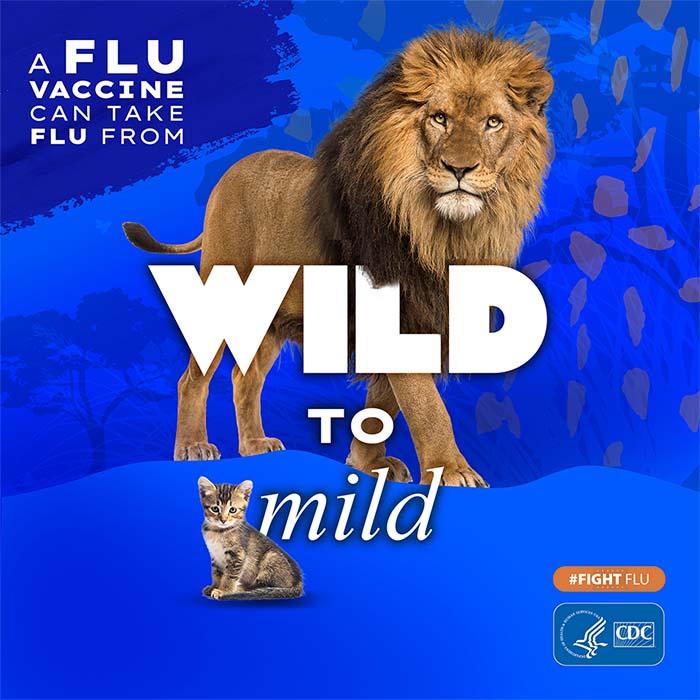Flu Fighter: Patsy Stinchfield, NP

Name: Patricia (Patsy) A. Stinchfield, RN, MS, CPNP, president-elect of the National Foundation for Infectious Diseases
Title: Pediatric Nurse Practitioner, president-elect of the National Foundation for Infectious Diseases (NFID)
Location: Minnesota
Meet Patricia Stinchfield, RN, MS, CPNP, president-elect of the National Foundation for Infectious Diseases (NFID), a non-profit organization dedicated to educating the public and healthcare professionals about the burden, causes, prevention, diagnosis, and treatment of infectious diseases across the lifespan. She is a widely recognized infectious diseases specialist and has had a 43-year nursing career, most of it as a Pediatric Nurse Practitioner at Children’s Minnesota where she specialized in flu prevention, COVID-19 vaccination, childhood, adolescent and health care professional immunizations, measles prevention and treatment, vaccine communications and more. Patsy is the liaison member to CDC’s Advisory Committee on Immunization Practices (ACIP) representing the National Association of Pediatric Nurse Practitioners (NAPNAP) serving as the first nurse ACIP voting member in 2004-2008 and currently serves on the Influenza, RSV and Schedule Work Groups.
- In your role, how do you prepare for flu season each year?
I am proud to say I have been advocating for everyone getting an influenza vaccine for most of my 43 years in nursing. I worked hard to get influenza vaccine for children age 5-18 years old while an ACIP voting member in 2008 and the universal influenza vaccine [recommendation] passed for everyone 6 months of age and over in February of 2010. I also have been responsible annually for educating health care professionals about the importance of them getting their influenza vaccine. I watch the flu seasons’ epidemiology around the globe and am a member of the CDC influenza working group helping craft the annual influenza statements and our policies. Of course, I make sure my family is well vaccinated each year too. - What is the most difficult part of flu prevention?
People don’t think influenza is serious, and the fact that vaccination is an annual endeavor. - Why do you think people underestimate the seriousness of flu illness?
The phrase “just the flu” has become so common as if it is better to have influenza than something else when influenza is one of the greatest killers among all viruses. I like to teach that the words “just” and “flu” should never be in the same sentence together. - Why is it important to get a flu vaccine every year?
Influenza vaccine is our greatest protection against 4 possible flu viruses that at minimum can make you feel very sick very fast, miss work or school and could even at its worst cause hospitalization or even death. Because influenza is a complicated and wily virus, we must prepare each year for the likely circulating viruses. - What would you say to those who are hesitant about getting a flu vaccine?
The first thing I do is listen. What is the root of their hesitancy? Are they afraid or misinformed or confused? I try to answer questions with empathy, and a mix of science, stories from inside a children’s hospital and compassion. The benefit of influenza vaccine, while far from perfect, far outweighs the risk of going unvaccinated and getting influenza.
The profiles featured on this website are provided for informational and educational purposes only. The information provided in these profiles reflect the opinions of the speakers only, and does not necessarily represent the position of the Centers for Disease Control and Prevention or the Department of Health and Human Services. No endorsement of the speakers by the U.S. Government should be inferred or implied.
